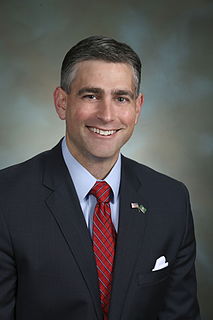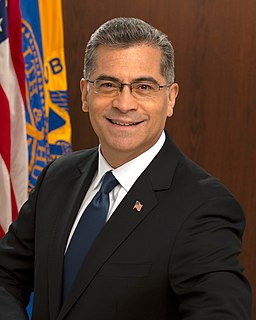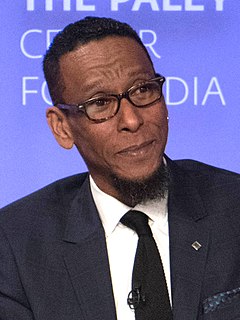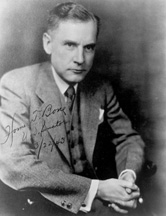A Quote by Michael Baumgartner
A trillion dollars spent, 2,000 American lives lost - Afghanistan is the longest war in American history. But you don't hear a word about it.
Related Quotes
The intelligence community is so vast that more people have top secret clearance than live in Washington. The U.S. will spend more on the war in Afghanistan this year, adjusting for inflation, than we spent on the Revolutionary War, the War of 1812, the Mexican-American War, the Civil War and the Spanish-American War combined.
We have now spent 1 trillion dollars waging the drug war since it began. A trillion. Those funds could have been used for education, jobs and drug treatment in the communities that needed it most. We could have used those funds for our collective well being, instead those dollars paved the way for the destruction of countless lives, families, and dreams.
If we finally chose as a country to take responsibility for the wars that we believe we must engage in, and rather than borrow money to exercise that authority to go to war, we actually pay for these wars, that would save us over a trillion dollars, because that's what we have spent in Iraq and Afghanistan - all through borrowed money.
The problem is that the way [President] Bush has done it over the last eight years is to take out a credit card from the Bank of China in the name of our children, driving up our national debt from $5 trillion dollars for the first 42 presidents - number 43 added $4 trillion dollars by his lonesome - so that we now have over $9 trillion dollars of debt that we are going to have to pay back. [That's] $30,000 for every man, woman and child. That's irresponsible. It's unpatriotic.
It's really fascinating. I've never spent time in a place where they lost the wars, so it was interesting and I didn't know much about the history of the country. I didn't know they were under communist rule until the nineties. It's this whole attitude of being defeated, and frowning on optimism and American way of thinking. If we were laughing, Hungarian kids would be like "You're so American."
I went out to cover the wars in Iraq and Afghanistan fundamentally [in Buzzing at the Sill] because I was interested in war as a notion and in experiencing it. I was interested in history and how societies form. I was interested in the recent history of what had provoked these wars. So when I finally got out there, I was really seeing the wars through the American perspective, much more than through being embedded with American soldiers and Marines.
If the lost word is lost, if the spent word is spent If the unheard, unspoken Word is unspoken, unheard; Still is the spoken word, the Word unheard, The Word without a word, the Word within The world and for the world; And the light shone in the darkness and Against the Word the unstilled world still whirled About the center of the silent Word. Oh my people, what have I done unto thee. Where shall the word be found, where shall the word Resound? Not here, there is not enough silence
It cost about 75 cents to kill a man in Ceasar's time. The price rose to about $3,000 per man during the Napoleonic wars; to $5,000 in the American Civil War; and then to $21,000 per man in World War I. Estimates for the future wars indicate that it may cost the warring countries not less than $50,000 for each man killed.
You look at the Russian side: They're defending their territory from the beginning. They move west to destroy the Nazis. And they take out the guts of the German war machine per Winston Churchill, who said that they won the war. From the beginning, we were hostile to the guys who had saved how many American lives by their repulsion of the Nazis? I think the Americans lost 400,000 in the whole war. And the Americans knew it at the time. They gave Joseph Stalin credit. He was the man of the year, cover of Life magazine in 1943; he was a hero.
All that rejection from Republicans has a bit of a racist element. It was very necessary to have a black president, and it's been a great thing. It will help, in the end, to ease the trauma of slavery and civil war. The war against slavery cost almost 800,000 American lives - that's how strongly they felt about it. And it's not going to go away in a century.
The most significant impact is what it does in terms of the integrity of the legislative process and the executive process, as opposed to what it does for campaigns. But to remove this unheard of process in the 1990s, where members of Congress are being pushed and shoved every Tuesday to ask for $100,000, $500,000, a million dollars from corporations, unions, and individuals, this was never allowed in American history.

































